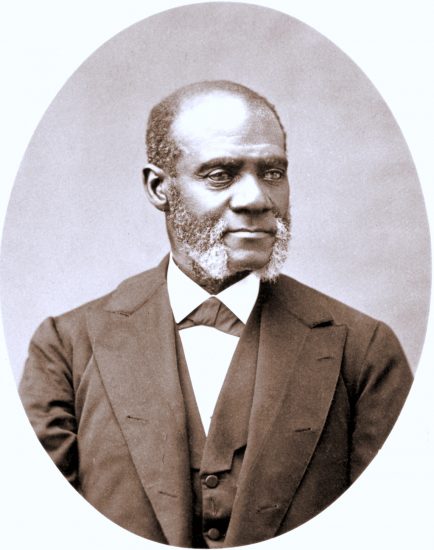
Henry Highland Garnet, c. 1881. Source: National Portrait Gallery, Smithsonian Institution, public domain.
Abolitionist Henry Highland Garnet was born into slavery in Maryland on Dec. 23, 1815. He and his parents escaped from bondage via the Underground Railroad and settled in New York City.
Garnet was a student at Noyes Academy in New Hampshire until it was destroyed by white supremacist terrorists in 1835.
He became a minister in 1843, and spoke to the delegates of the National Negro Convention in Buffalo, New York, where he called for a militant slave revolt against the plantation owners of the South. Many abolitionists at the time thought the call for self-emancipation was too radical. But it was ultimately the enslaved rebelling — running away, refusing to work on the plantations, taking up arms, and joining the Union Army — that won the Civil War.
Garnet also opposed the U.S.-Mexico War because it’s real aim was to re-impose slavery on Mexico, which had abolished it decades earlier. In 1865, he gave a speech to the U.S. House of Representatives urging them to adopt the 13th Amendment.
He met with Cuban liberation leaders to form an international coalition to spread emancipation across the globe. At a mass meeting in New York City, Garnet urged people to link the Black freedom struggle with the liberation movements in Latin America. They gathered 500,000 signatures to advance the cause of freedom and delivered the petition to President Grant to recognize the independent Republic of Cuba.
Find resources below for teaching this history, including a lesson called “‘If There Is No Struggle…’: Teaching a People’s History of the Abolition Movement.”

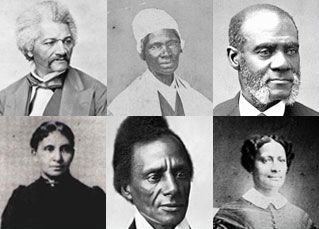
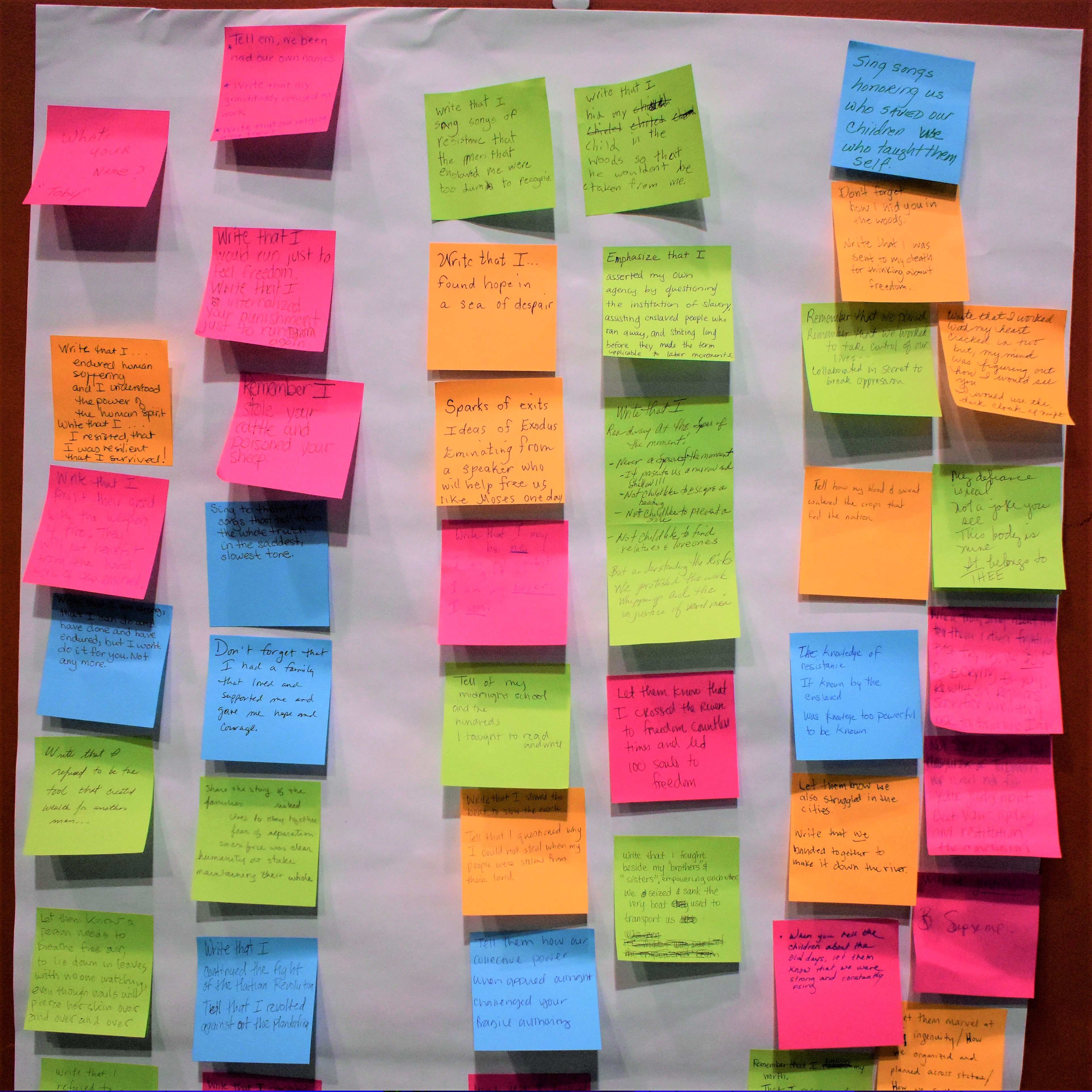
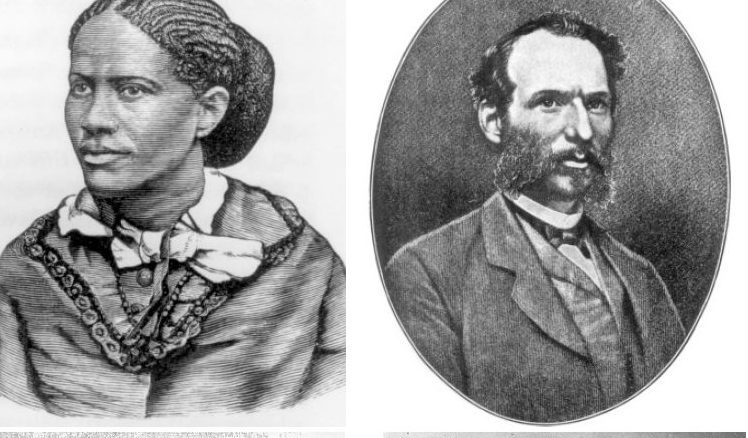
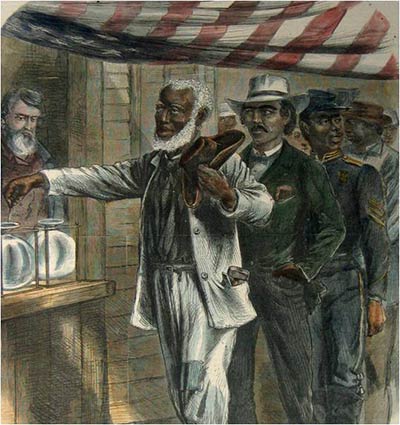
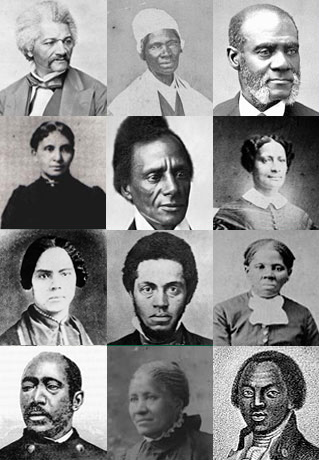
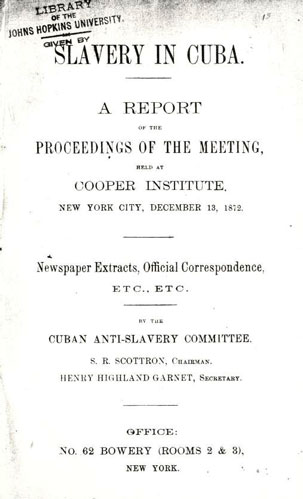
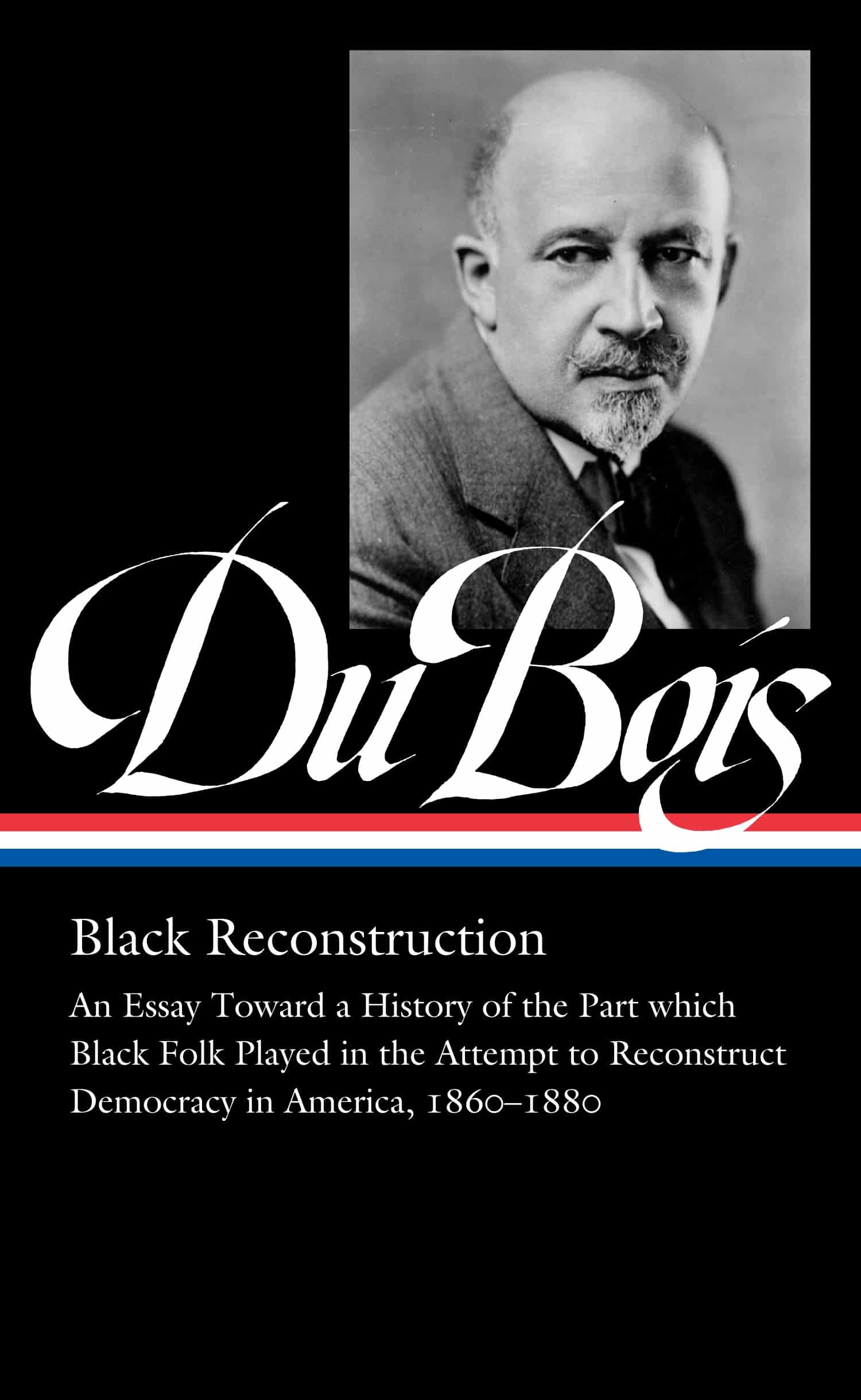
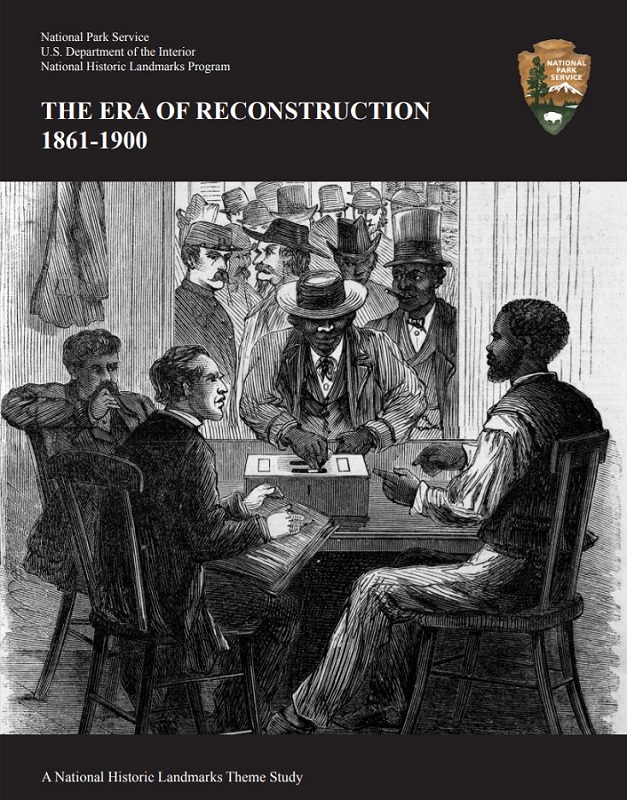
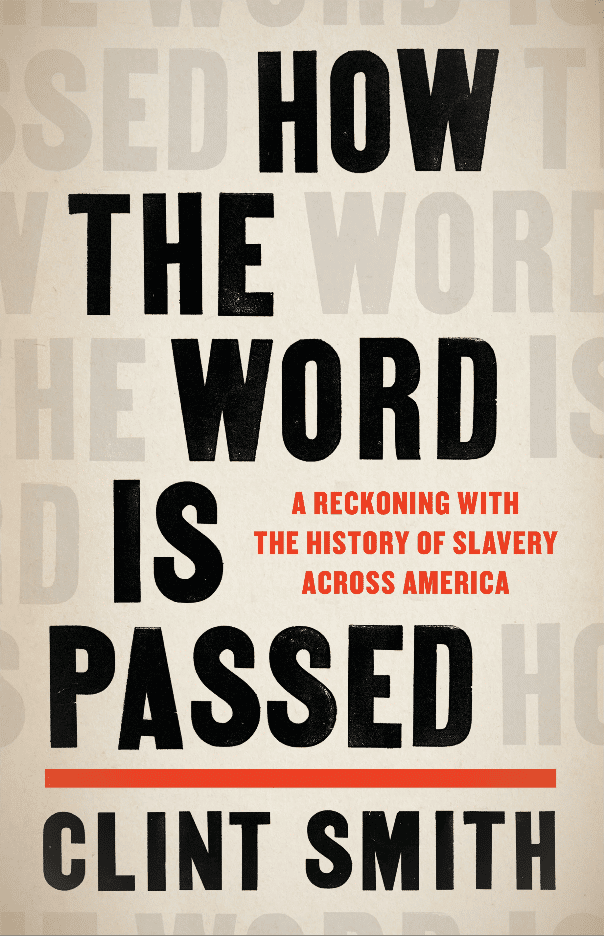
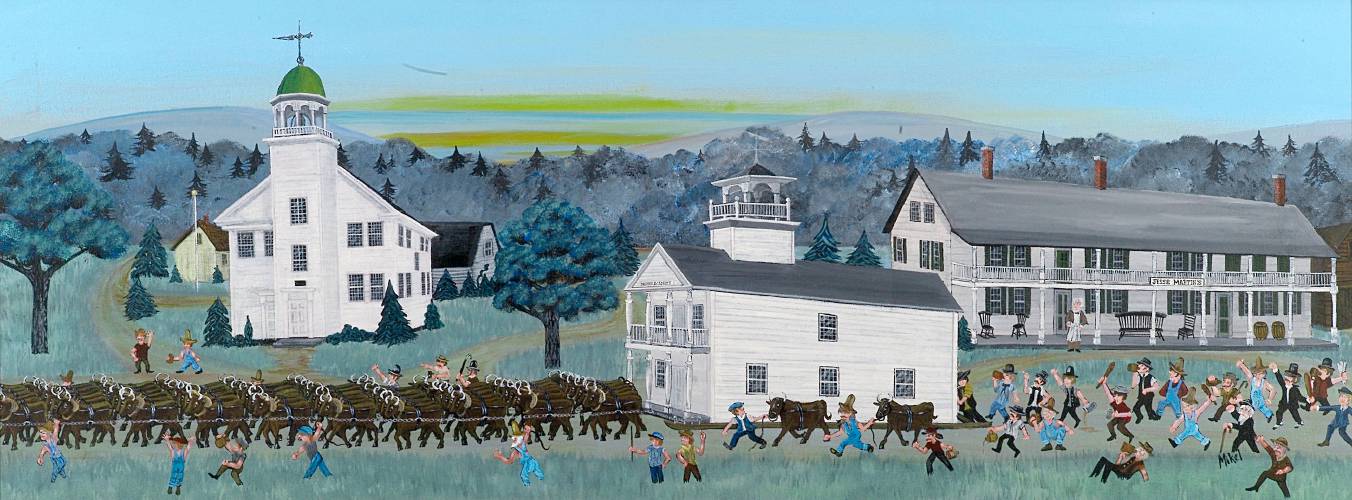
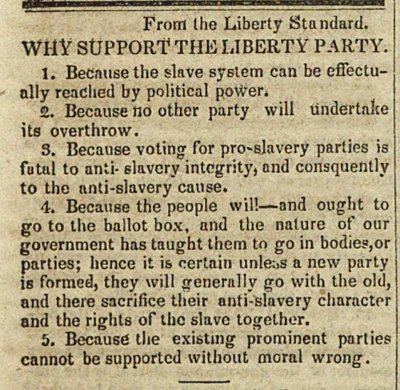





Twitter
Google plus
LinkedIn